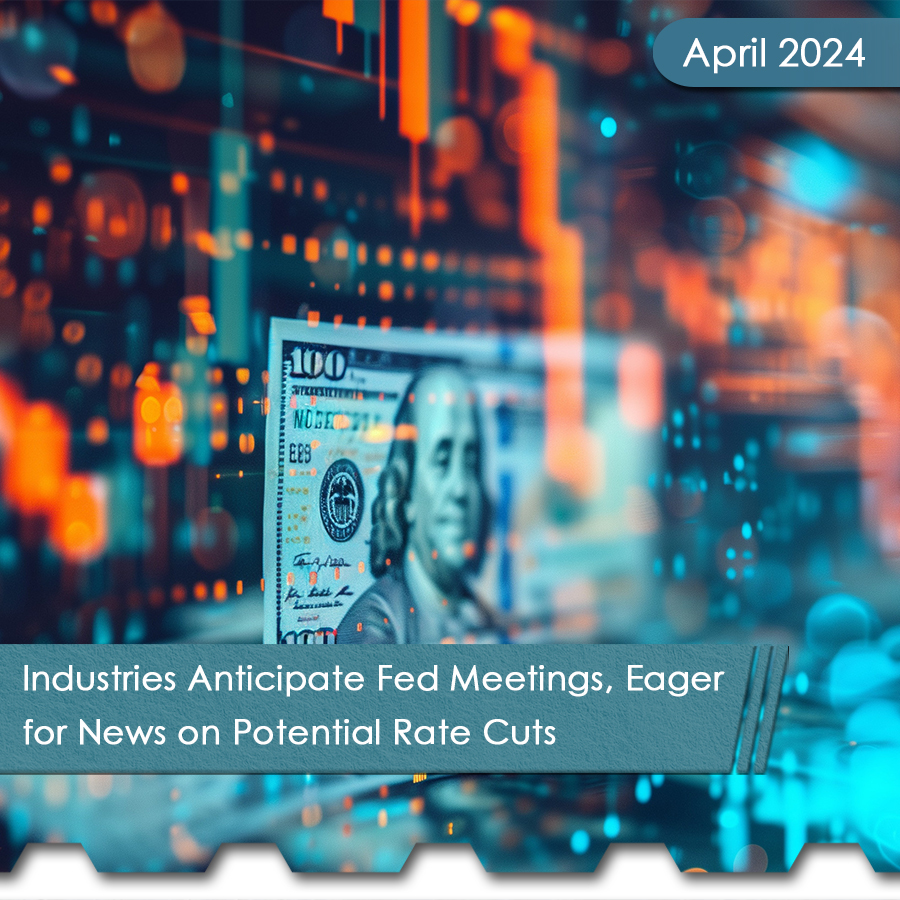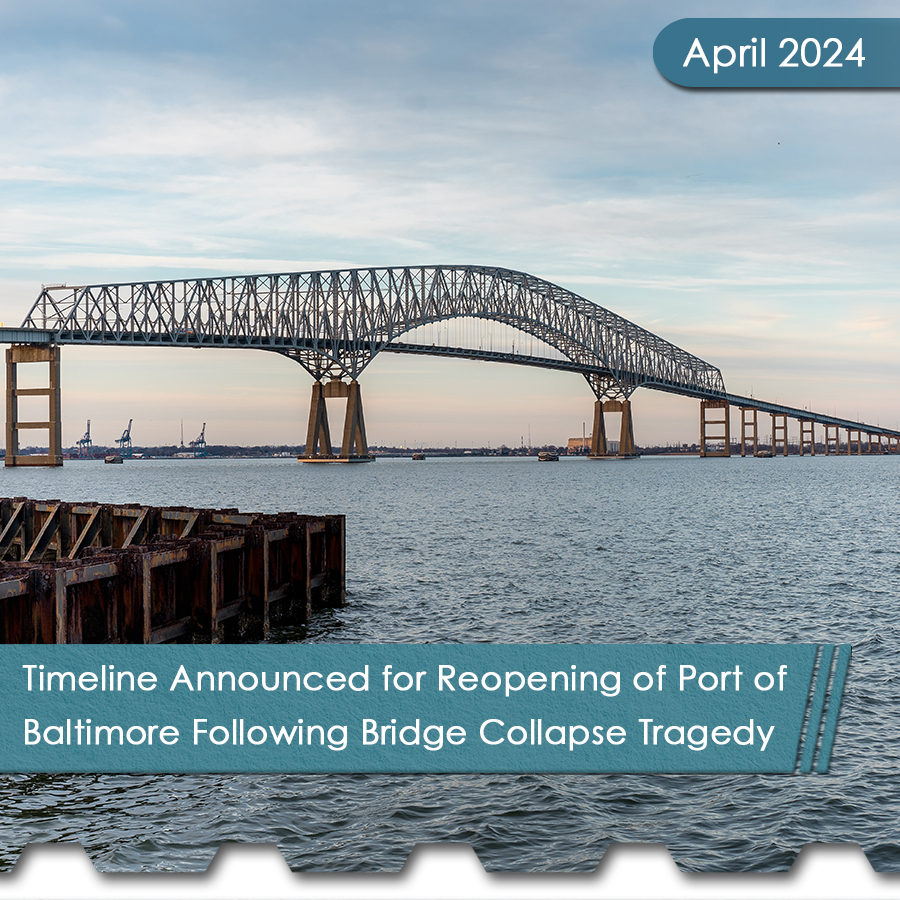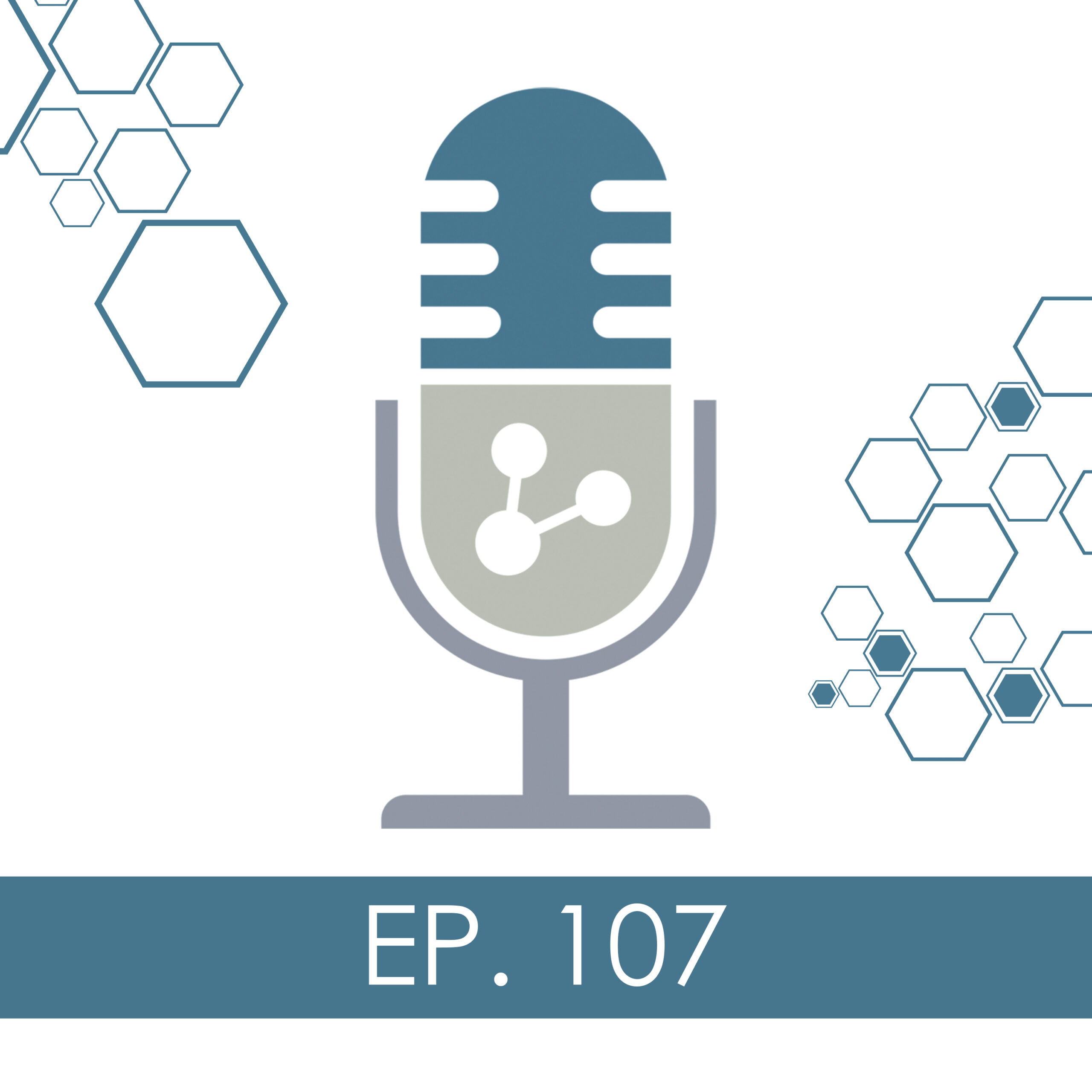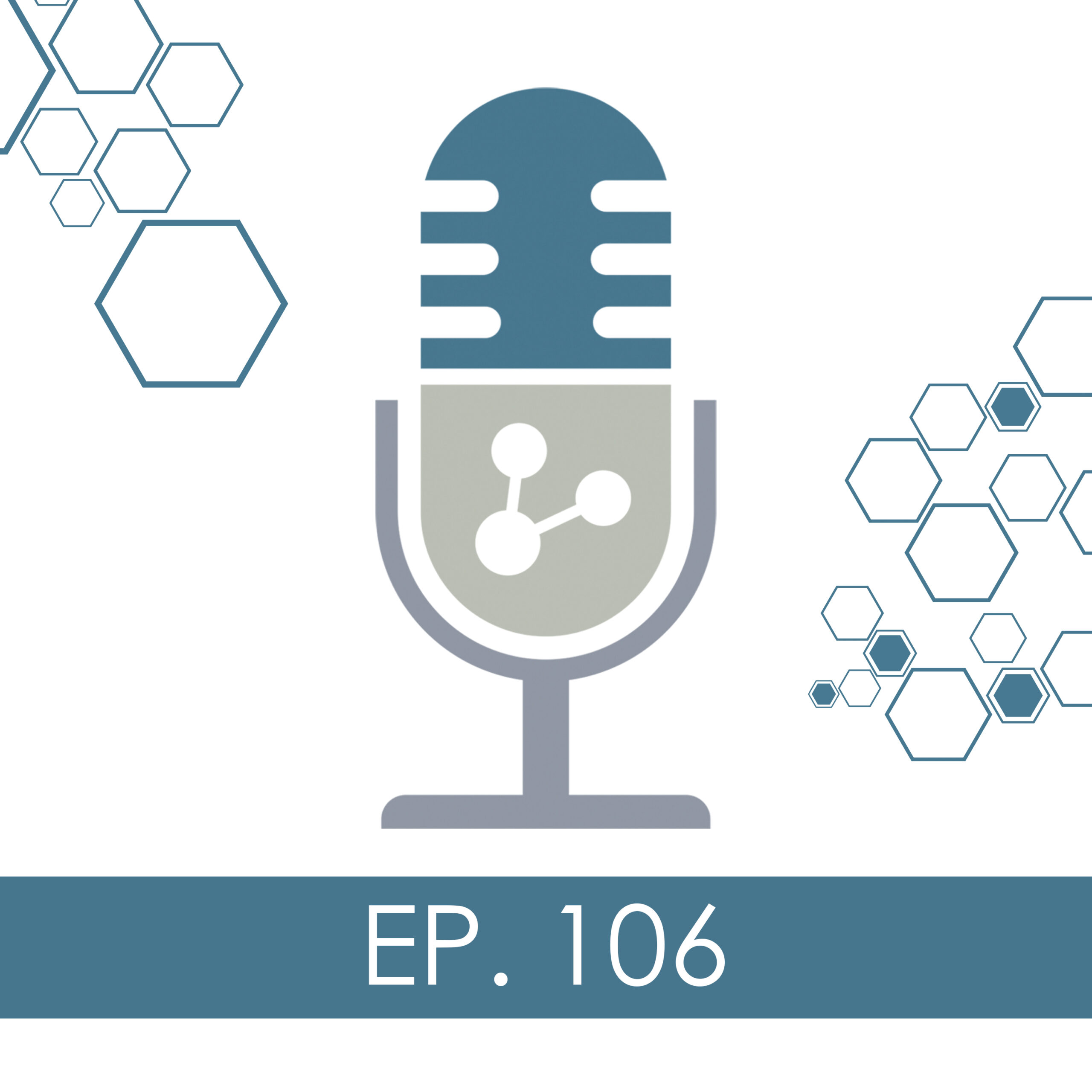Overview
The last time we visited the economy, the word on the street was “cautiously optimistic”. That description is changing, and changing quickly. The delicate house of cards supporting the recovering economy is being tested. According to the experts, the perfect storm is on the horizon.
Cheap oil is freeing consumer dollars, which should stimulate and energize the end market, giving impetus to the supply side—but it’s not. Consumers are frightened, and they’re holding onto their money. Wall Street is overvaluing stocks, and the world economy is tanking. Our dollar is strong, oil prices continue to fall, and the Federal Reserve is threatening to raise interest rates. That is not a good formula for U.S. economic stability.
When the experts agree, people listen, and nobody is disputing the latest analysis of the direction of the U.S. economic picture. The distressing news is that the pundits aren’t offering solutions. Nobody is saying, “However, if the following happens, we might dodge a bullet.”
For the moment, Americans can enjoy the respite from the economic downturn. But for how much longer, that is the unanswered question.
Let’s look at the near future through the eyes of the economic gurus and see if they make sense.
Second Oil Crash On Its Way
Karim Rahemtulla, Chief Resource Analyst for the Wall Street Daily, wrote an article that supports the consensus of the financial community. We are on the verge of another price collapse that’s likely to occur in the second quarter.
Inventories are on the rise, storage tanks are filled to capacity, and the oil has nowhere to go. That means the industry will be forced to lower production— the point of capitulation.
At the current rate of production and consumption, capacity is estimated to be reached by the end of May, the article said.
4 Experts Profile the Global economy in 2015
Atlantic writers James McBride and Jeanne Park interviewed four respected analysts and wrote their predictions in one article.
The United States “faces a debt reckoning,” writes Guardian finance and economics editor Heidi Moore. U.S. consumer debt worth $3.2 trillion and the resurgence of subprime lending are both danger signs for an economy that otherwise appears to be on the mend.
Europe too could face trouble in 2015 without major structural reform, argues the Council on Foreign Relations’ Robert Kahn. Growth and investment remain low, unemployment is “sky-high,” and early elections could once again put Greece “on a collision course with the rest of Europe.”
China, which is in the midst of a delicate rebalancing act, will de-emphasize GDP growth in favor of structural, financial, and energy reform, writes the Paulson Institute’s Damien Ma.
Finally, CFR’s Edward Alden foresees that 2015 could see “breakthroughs in global trade liberalization.” U.S.-led trade agreements with both Asia and Europe promise to boost growth, although they face significant obstacles at home and abroad.
Foolish Investors Continue to Buy Oil ETFs
According to Tim Maverick, Commodities Correspondent for the Wall Street Daily, oil investors should open their eyes to the valuable lesson those in the natural gas industry learned the hard way…
There is no direct correlation between the number of drilling rigs and the amount of oil produced. The number of drilling rigs in use is falling, but output is surging thanks to advances in horizontal drilling technology.
At the recent Investment U Conference, Wall Street Daily’s Karim Rahemtulla said that oil would remain under $60 per barrel for the next six months.
Yet investors are continuing to buy exchange-traded funds (ETFs) that hold oil futures contracts as if oil were going to trade at $100 per barrel tomorrow. This is bound to be a big mistake.
Is the U.S. Economy Showing Cracks?
According to CNN writer Patrick Gillespie, the cracks are most evident and obvious.
Economists say there are two main problems, Gillespie writes: Workers’ wages aren’t growing much, if at all. As a result, Americans aren’t going out and spending much. On top of that, many foreign economies are slowing down, which puts pressure on the U.S.
The question going forward is whether we’re just in a blip or a bigger shift is taking place.
Experts Fear Yet Another Financial Crisis
And finally, Dan Weil, respected Newsmax reporter put the economy into perspective with a comprehensive report that summarizes the findings of the most astute analysts from around the globe.
Only six years after the end of the worst financial crisis since the 1930s some experts are worried another one may be on its way, Weil writes.
Some are “warning that the global community has failed to learn the lessons of the Greek debt crisis — or even of Argentina’s default in 2001, the consequences of which are still being contested furiously in courts on both sides of the Atlantic,” writes The (U.K.) Guardian’s Heather Stewart.
Some of the concern stems from the soaring dollar, plunging oil prices, and the Federal Reserve’s preparation to raise interest rates.
The dollar has reached multi-year highs against a range of currencies in recent weeks, oil prices have hit six-year lows, and many economists expect a Fed rate move in September.
“We’re going to have another financial crisis,” Ann Pettifor, director of Policy Research in Macroeconomics, told The Guardian.






